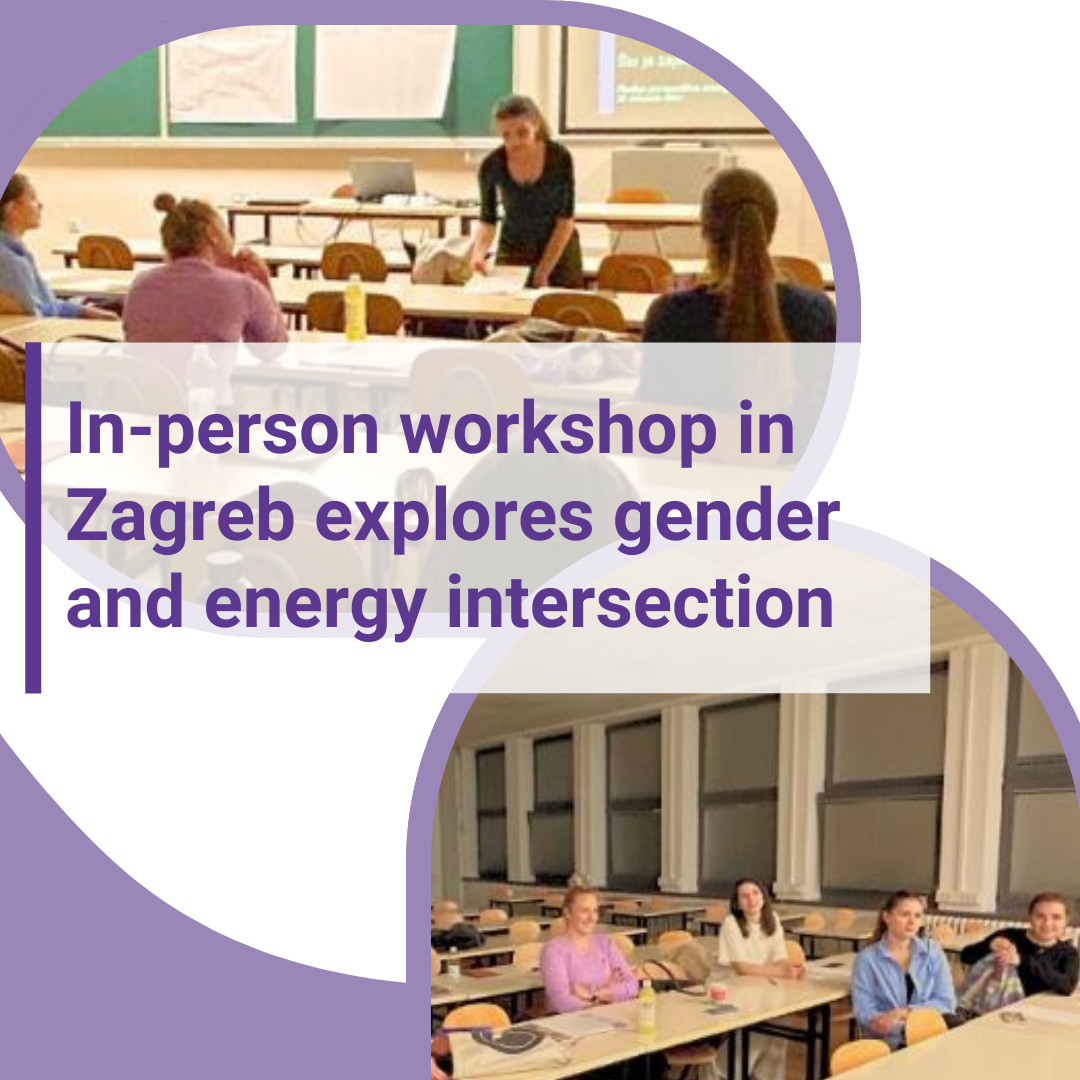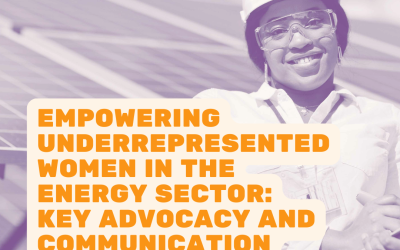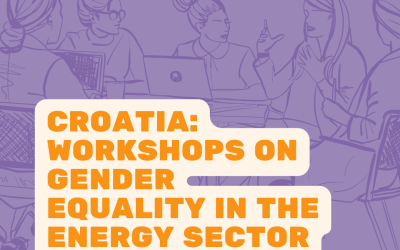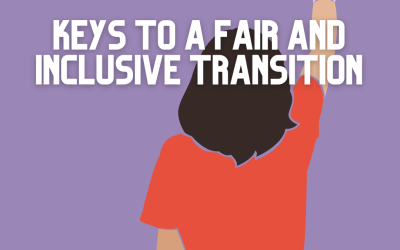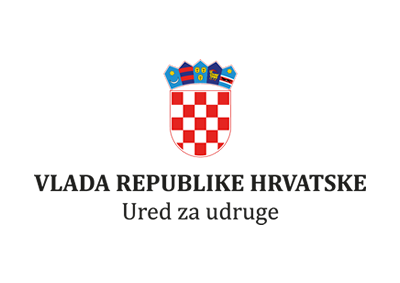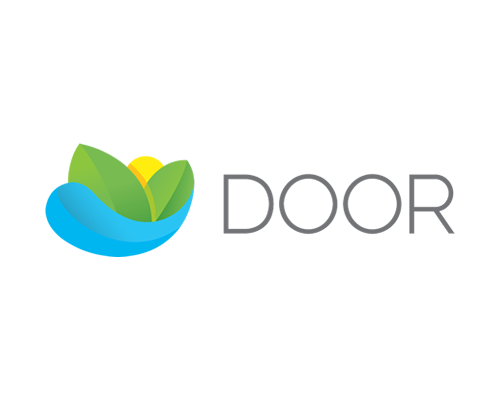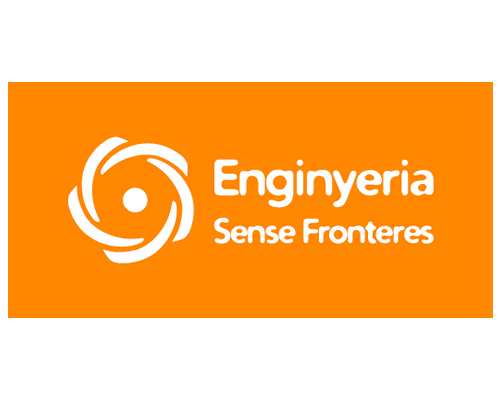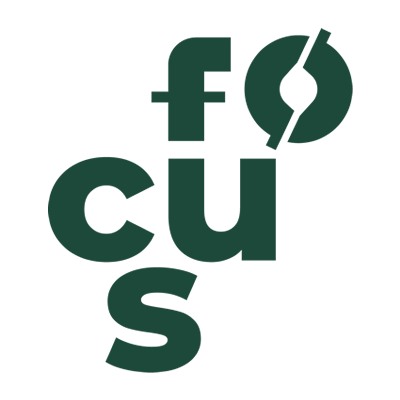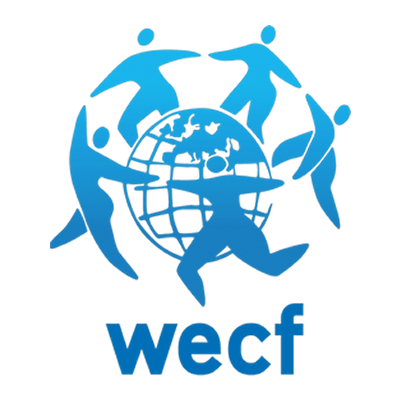On October 29, an interactive workshop titled What Do Gender and Energy Have in Common? was held at the Faculty of Electrical Engineering and Computing (FER) in Zagreb.
The event, attended by six participants—all female—was particularly engaging for members of the student association SUPEUS (Student Association for the Promotion of Energy Efficiency and Consulting). SUPEUS is an active organization at the University of Zagreb that brings together students from several faculties, including electrical engineering, mechanical engineering, architecture, civil engineering, and the Polytechnic of Zagreb.
Exploring gender roles in energy careers
A key focus of the session was the impact of gender roles on career choices in technical fields, particularly within the energy sector. The workshop addressed how careers in technical and energy-related fields are often culturally perceived as “masculine,” while professions in caregiving are seen as “feminine.” This societal divide contributes to differences in job visibility, security, and wage equality between men and women within the energy industry.
Gender representation in energy: current statistics
The discussion highlighted striking statistics, with only 24% of the global energy workforce represented by women. While women constitute just 22% of the workforce in traditional fossil fuel industries, their representation rises to 32% in the renewables sector. This indicates a positive, albeit slow, trend toward gender balance in emerging green industries, which was encouraging for participants exploring future career paths in these fields.
Participant reflections and key takeaways
Participants reflected on how gendered assumptions continue to shape career trajectories and policies in the energy sector. For many, the session provided new insights into the representation gap in the industry and the profound ways gender roles impact policy development and job accessibility in energy.
